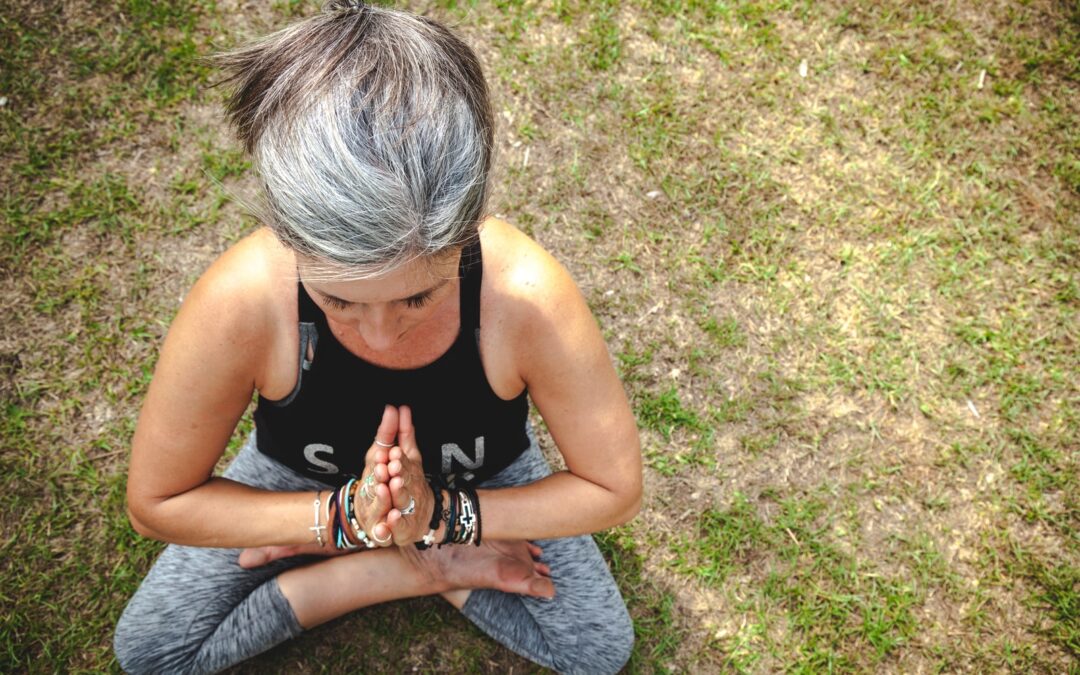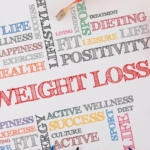Menopause….handling the heat
What Does Menopause Mean?
Menopause is a time of hormonal transition, as the ovaries gradually stop functioning and cyclically producing reproductive or sex hormones. Peri-menopause signifies the start of this transition phase, and can last several years prior to actual menopause.
Signs you could be going through perimenopause include:
- Highly variable hormone fluctuations
- Cycles becoming, shorter, longer or totally irregular
- Bleeding becoming lighter, unpredictable or heavy.
Menopause is defined once a woman has ceased having a period for at least 12 months. Most women will reach menopause between the ages of 45 and 55 and still have over a third of their lives to live beyond that, so it’s important to manage this transition in the least stressful way possible. The impact of menopause symptoms on a woman’s quality of life can vary greatly and may include:
- Hot flushes & night sweats
- Bloating and or weight gain
- Crawling and itchy skin
- Headaches or migraines
- Sore breasts
- Fatigue
- Urinary problems
- Vaginal dryness
- Mood swings/anxiety/depression
- Low libido
- Brain fog or memory problems
The Far-Reaching Impacts Of Menopause
Aside from these symptoms once a woman has been through menopause, she is more susceptible to stress on other organs and systems including the heart, bones, thyroid, and nervous system. Once menopause occurs and the ovaries have ceased function, the female body now relies on the adrenal glands for the production of sex hormones to assist health, stamina and vitality throughout the rest of life. The adrenal glands are also responsible for stress hormone production which is why it’s so important to manage the stress response earlier in life, to make the transition into menopause smoother.
What must be remembered is that menopause is a normal process of life. This transition is part of natural ageing and as with most health conditions, prevention is better than cure. To help make the transition through menopause smoother, put practices into place early in life to ensure optimal hormonal, nervous system and cardiovascular health.
Natural Menopause Treatment
The key goal for any treatment for menopause should be to improve or relieve symptoms, enhance life experiences and promote healthy ageing and longevity.
If you are experiencing peri-menopause, or mild to moderate symptoms of menopause, the good news is, most of the time synthetic hormone replacement therapy is not necessary. There are herbal, nutritional and lifestyle supports that can help reduce unwanted symptoms. Pairing some useful natural therapies with the right diet and exercise is a great way to ease menopausal symptoms.
Food as Medicine
There is some evidence for the benefits of phytoestrogens in the reduction of hot flashes. These are plant based “oestrogens” which occur naturally in soy, legumes, flaxseeds, red clover, alfalfa, maca and other foods.
On the flip side, there has also been some concern in the past questioning whether soy based supplements are a risk for people with breast cancer or a history of breast cancer. There is data that goes both ways. It seems we don’t have all the answers yet.
The rule of thumb guide here is, if you don’t have a personal or family history of breast cancer, but do have an increased risk of osteoperosis, and are suffering with hot flashes, phytoestrogen foods may be of benefit to you, taken in moderation.
If you have a low thyroid function or hypothyroidism, high amounts of soy based foods are discouraged as they can in theory slow thyroid hormone production. You may instead benefit from whole soy foods in fermented form such as tempeh, miso, tofu. Combine them with a plant source of iodine such as kombu, kelp, dulse or wakame to reduce the the impact on thyroid function. Dr Mark Hyman has written a great summary on the safe use of soy in the diet.
Other dietary recommendations for hot flash prevention include following the Mediterranean diet and avoiding chilli, wine, sugar and processed foods.
Herbal Helpers For Menopause
Wild Yam can relieve menopausal symptoms when taken orally. Women report feeling less agitated, reduced hot flashes intensity and reduced aches and pains when taking wild yam. The benefits from topical wild yam creams are questionable, but some women still swear by it. Wild yam may assist with hormone balance, inflammation, and abdominal spasms or cramping.
Chaste Tree also known as Vitex, can support progesterone balance indirectly. Progesterone and estrogen both decline during perimenopause and menopause. Chaste Tree extract can be particularly useful when there are breast pain, heavy period bleeds, insomnia and PMS like symptoms present.
Rehmannia is traditionally a cooling herb. This herb proves helpful when hot flashes persist day and night, alongside constipation, a history of heavy bleeding and joint aches and pains.
Sage is a plant you may be familiar with from your herb garden. This little beauty is great for putting a stop to excessive sweating. It can be taken as a tea or used in herbal preparations from your naturopath/herbalist.
Other natural therapies that may be of benefit during menopause include hypnotherapy ( up to 50% reduction rate in hot flashes); aromatherapy, acupuncture, reflexology.
While there is no one size fits all approach, it is likely that an integrative approach will be the most valuable for a smooth transition through peri-menopause and menopause. A collaborative relationship with your doctor and a qualified Naturopath is a great place to start and ensure you have the right mix of therapies for you now and to reduce other menopause associated health risks in the future.





